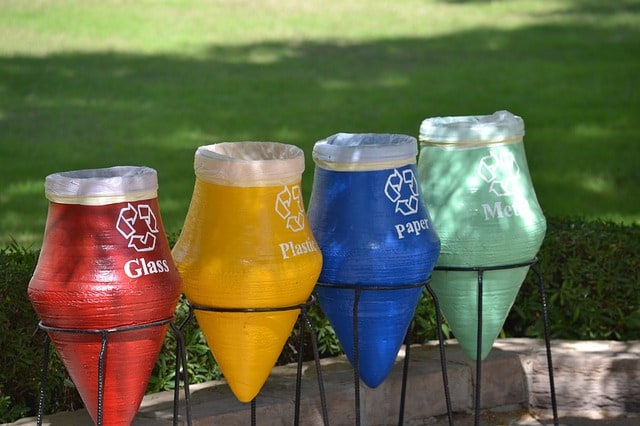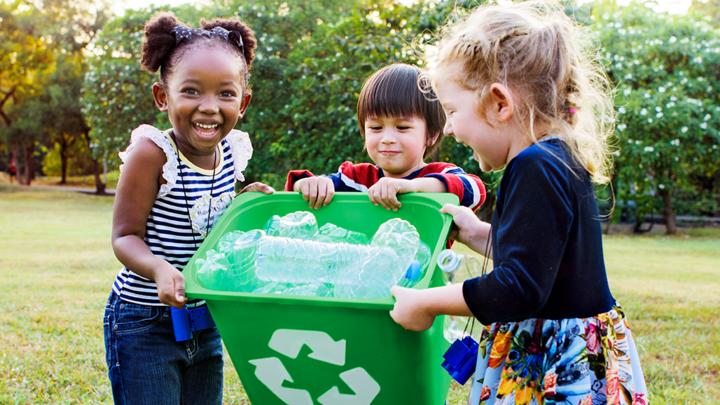Recycling has become an increasingly important aspect of our lives, as we strive to reduce waste and conserve resources. However, recycling practices and technologies have evolved significantly over the years, and the future of recycling looks even more promising. In this article, we will explore some of the latest innovations and trends in recycling that are shaping the future of this crucial industry.
1. Smart Recycling Bins
One of the most significant innovations in recycling technology is the emergence of smart recycling bins. These bins are equipped with sensors and cameras that can detect and sort different types of waste, making it easier for people to recycle properly. Smart bins can also provide real-time feedback to users, letting them know when they are recycling correctly or incorrectly.
Some cities are already implementing smart recycling bins, and the trend is likely to grow in the coming years. The benefits of smart recycling bins are significant. They can reduce contamination in recycling streams, improve the efficiency of recycling processes, and increase the overall rate of recycling.
2. Chemical Recycling
Another exciting trend in recycling is chemical recycling, which involves breaking down plastics and other materials into their molecular components. Unlike mechanical recycling, which relies on melting and reprocessing materials, chemical recycling can convert plastics into their original building blocks, which can then be used to make new products.
Chemical recycling has the potential to revolutionize the way we recycle plastics. It can handle a broader range of materials, including those that are difficult to recycle mechanically. It also has the potential to reduce the amount of plastic waste that ends up in landfills or oceans.
3. Upcycling
Upcycling is a process of transforming waste materials into new products of higher value or quality. It involves taking materials that would otherwise be thrown away and turning them into something new and useful. Upcycling has been around for a while, but it is becoming increasingly popular as consumers become more environmentally conscious.
Upcycling can take many forms, from turning old clothing into new fashion items to using discarded wood to create furniture. The trend is driven by a desire to reduce waste and create products that are unique and sustainable. Upcycling also has the potential to create jobs and stimulate local economies.

4. E-Waste Recycling
Electronic waste, or e-waste, is a growing problem as people continue to buy and dispose of electronics at an alarming rate. E-waste contains valuable materials, such as precious metals, that can be recycled and used again. However, e-waste recycling is challenging because it requires specialized equipment and processes.
The future of e-waste recycling looks promising, though, as new technologies are developed to make it more efficient and cost-effective. One such technology is robotic disassembly, which uses robots to disassemble electronics and recover valuable materials. Another promising approach is to use biometallurgy, which involves using bacteria to recover metals from e-waste.
5. Circular Economy
The circular economy is a new economic model that aims to keep resources in use for as long as possible, minimizing waste and reducing the consumption of natural resources. The circular economy is based on three principles: designing out waste and pollution, keeping products and materials in use, and regenerating natural systems.
The circular economy is still in its early stages, but it has the potential to transform the way we think about waste and resources. By keeping products and materials in use, we can reduce the need for virgin materials, conserve resources, and reduce the amount of waste that ends up in landfills or oceans.
In conclusion, the future of recycling looks promising, with new technologies and trends emerging to address the challenges of waste management and resource conservation. Smart recycling bins, chemical recycling, upcycling, e-waste recycling, and the circular economy are just some of the innovations and trends that are shaping the future of recycling. By embracing these technologies

